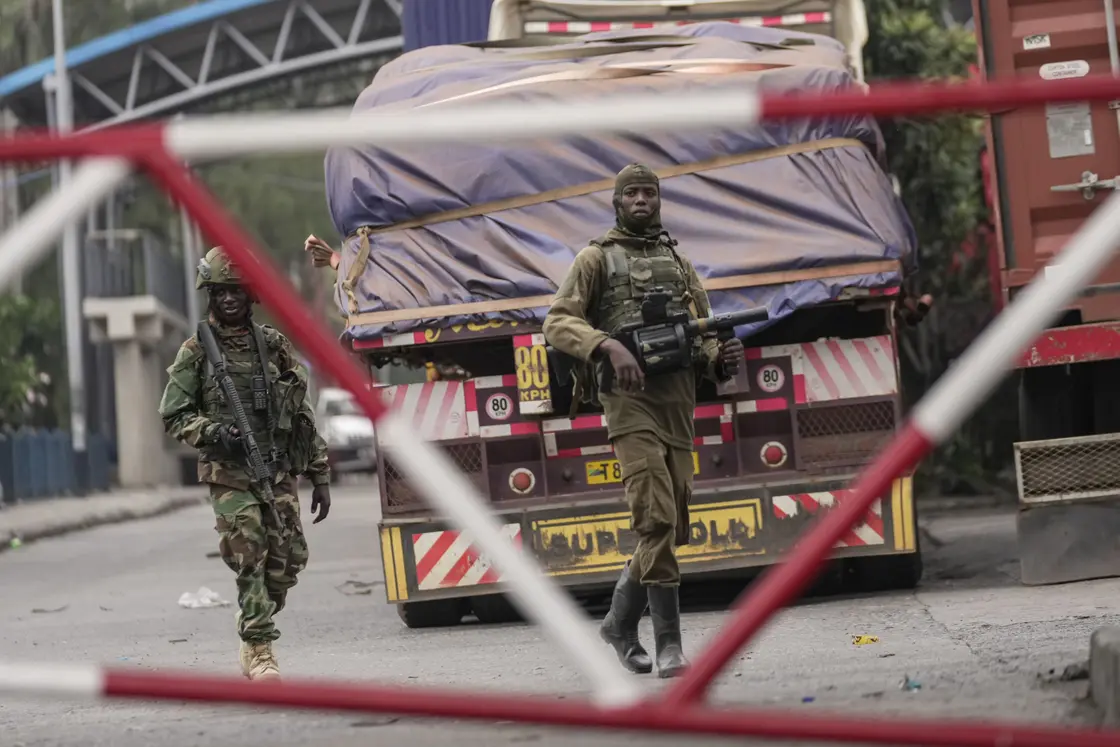
Burundi’s military is bracing for a direct confrontation with Rwanda-backed M23 rebels in eastern Democratic Republic of Congo (DRC), a clash that could push the region closer to all-out war.
As M23 fighters advance south toward Bukavu after seizing Goma earlier this week, they are expected to encounter thousands of Burundian troops deployed to support Kinshasa’s forces. The looming battle risks escalating long-standing ethnic and national rivalries that have fueled decades of conflict in the region.
Regional Tensions on the Rise
Burundi has maintained a military presence in eastern Congo for years, initially to target Burundian rebel groups but more recently to combat M23 alongside Congolese forces. Rwanda, meanwhile, denies allegations from the United Nations and others that it has sent troops into Congo but insists it will defend itself if necessary. Kigali accuses Kinshasa of collaborating with Hutu-led militias it claims are intent on attacking Tutsis in both Congo and Rwanda.
Tensions between Rwanda and Burundi have remained high since Bujumbura accused Kigali of backing a failed coup attempt in 2015. Burundi’s ruling party, which has strong ties to the country’s Hutu community, has deployed thousands of troops to the region. Estimates suggest the number could be between 8,000 and 10,000, according to Jason Stearns, a former U.N. investigator and professor at Simon Fraser University.
A History of Conflict
The M23 rebellion is the latest in a series of Tutsi-led insurgencies that have erupted in eastern Congo since the end of the region’s devastating wars between 1996 and 2003, which left an estimated six million dead—mostly from hunger and disease.
Earlier this month, Burundian forces suffered heavy losses in a battle against M23 in North Kivu’s Nungu area, forcing them to retreat to South Kivu. Now, they are positioned near Kavumu, 35 km north of Bukavu, where the city’s airport and key military assets are based.
A Burundian official confirmed the scale of the deployment but emphasized that his government is pushing for a ceasefire and negotiations. “Our country has also paid a heavy price, which is why we have asked our two neighbors to sign a ceasefire and negotiate,” he said, speaking anonymously due to the sensitivity of the situation.
Ethnic Divisions and Military Risks
Burundi, like Rwanda, has struggled to reconcile its Tutsi and Hutu communities following years of civil war. Its military operates under an ethnic quota system designed to maintain balance, but experts warn that Burundian units deployed in Congo could fracture if the fighting escalates against the Tutsi-led M23.
“Rwanda believes Burundi is harboring Hutu rebels near their border,” said Josaphat Musamba, a PhD researcher at Ghent University. “If Rwanda perceives that as a threat, it could quickly become a regional crisis.”
With diplomatic efforts failing to de-escalate tensions, the prospect of a wider conflict looms large, threatening to draw in more regional players and destabilize eastern Congo further.
